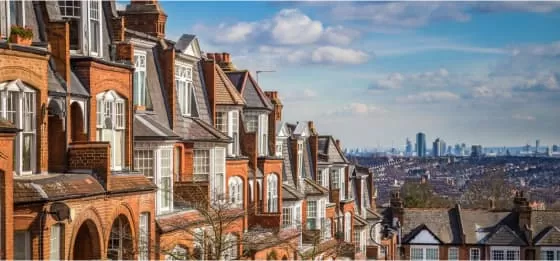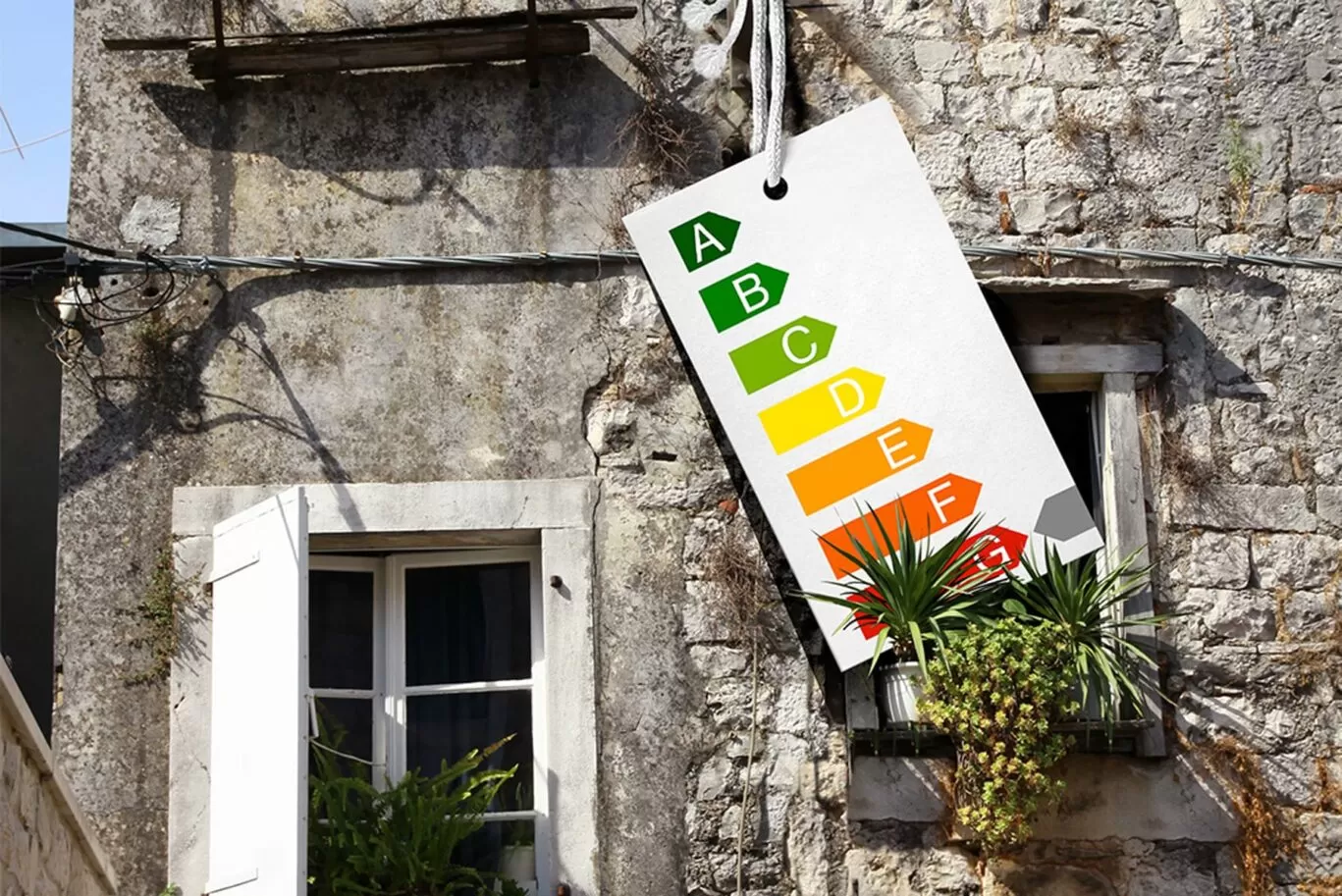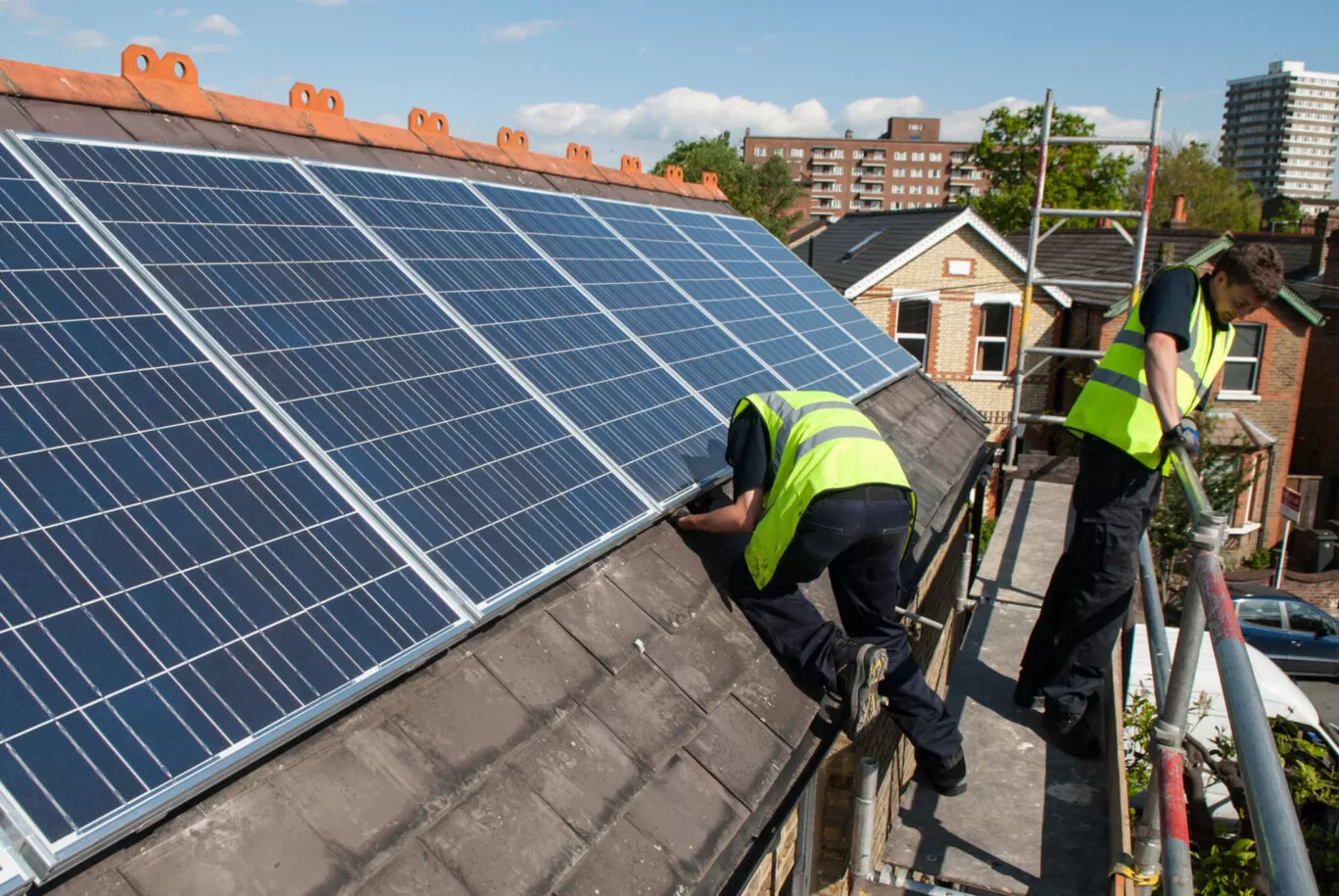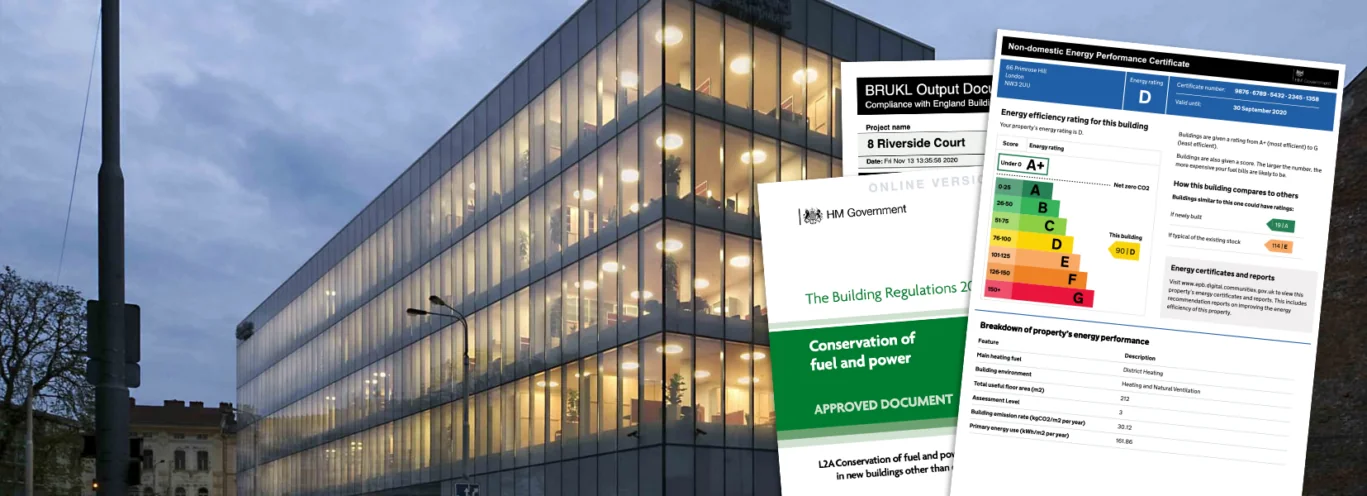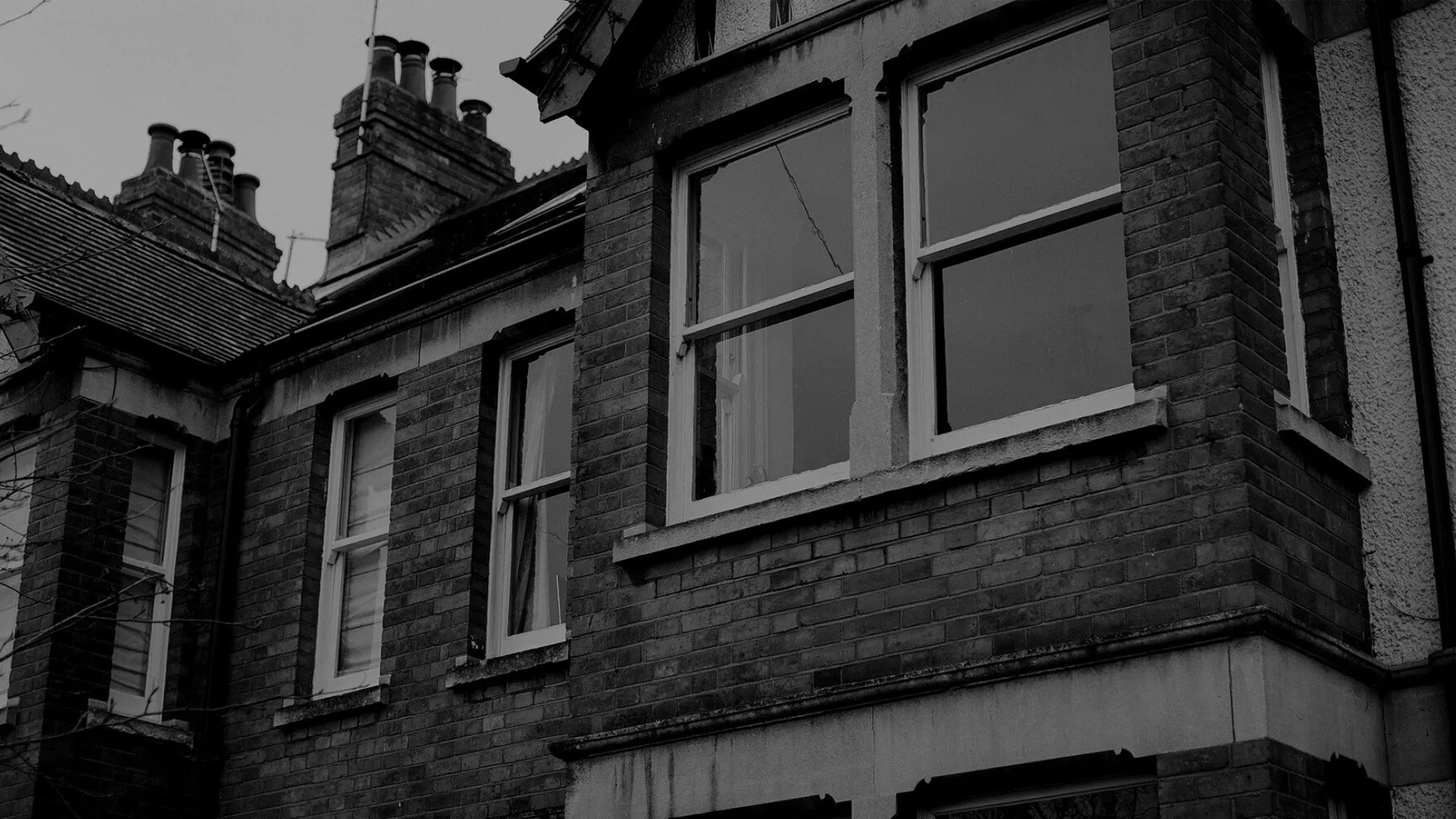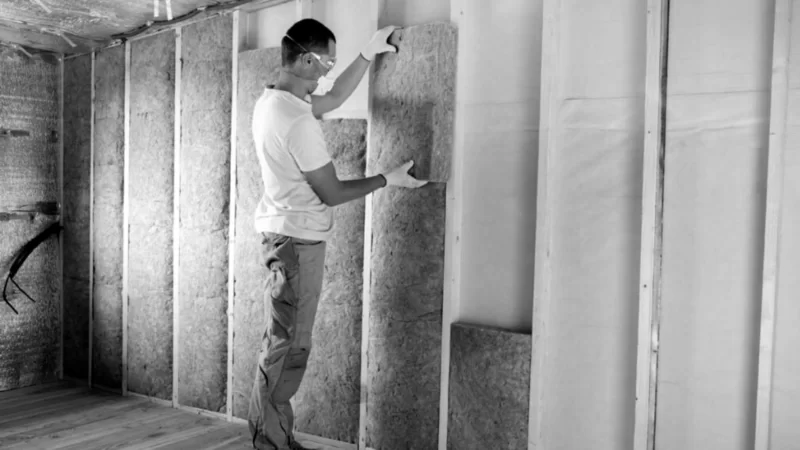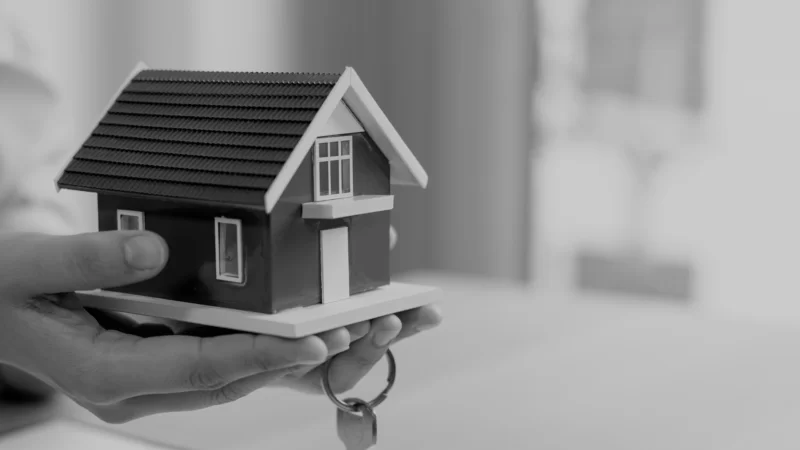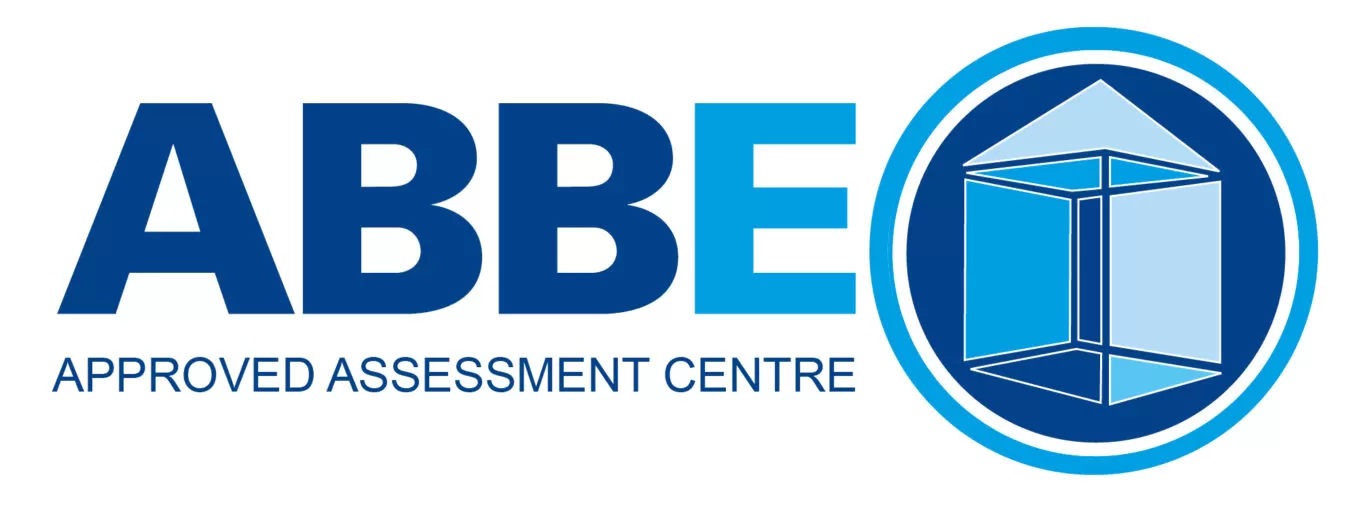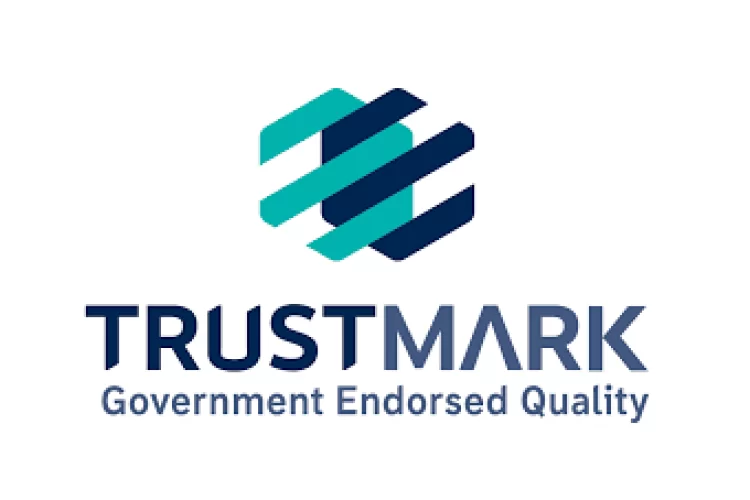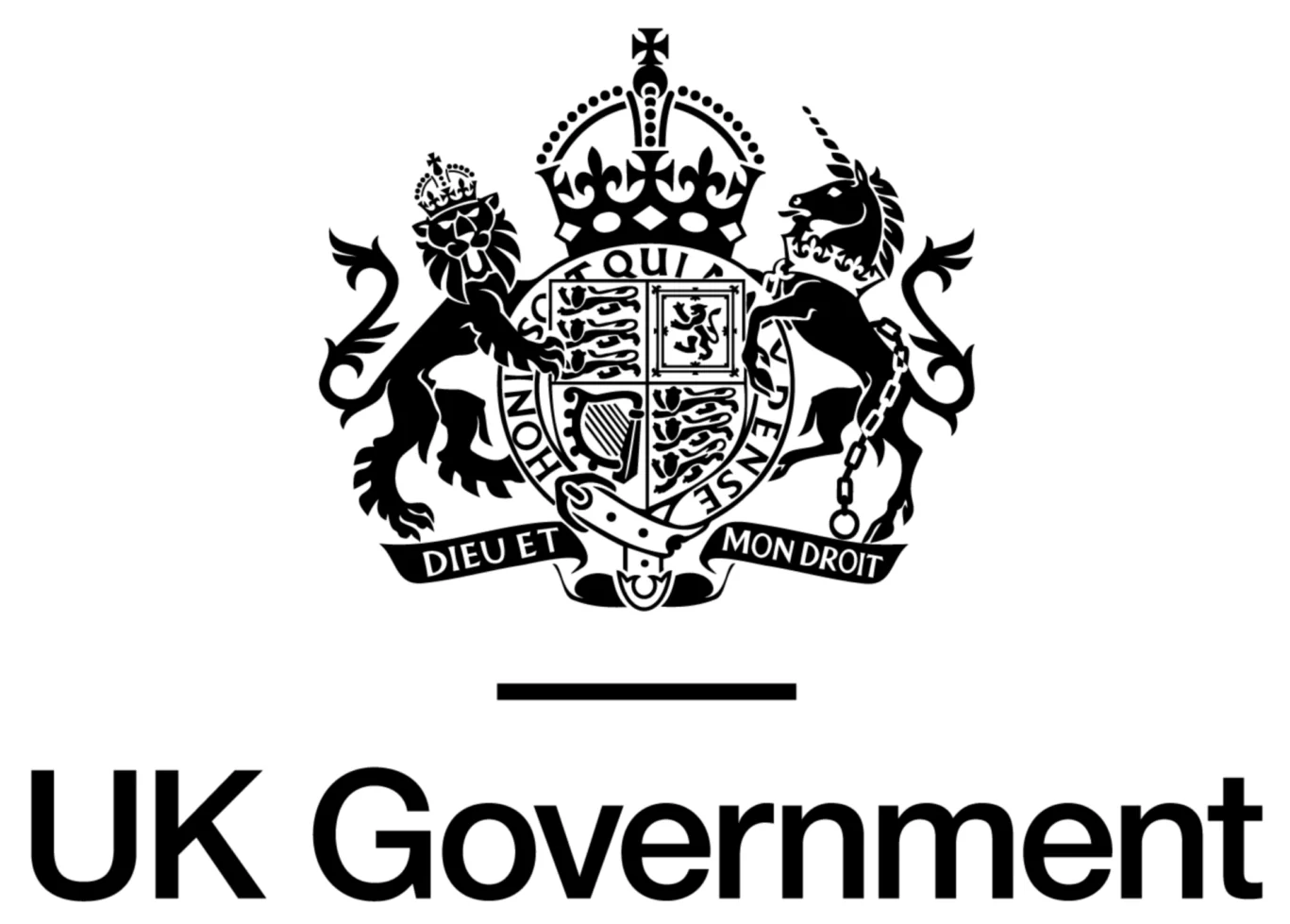The UK is home to around 6 million traditional buildings, many of which are in urgent need of energy efficiency upgrades. Retrofitting these properties is a complex challenge that requires specialist knowledge and care. To ensure work is carried out to the highest standard, the Level 3 Award in Energy Efficiency for Older and Traditional Buildings is a mandatory qualification for certain retrofit professionals working with these buildings under PAS2035:2023.
The Landscape of Older and Traditional Buildings in the UK
There are approximately 6.5 million traditional pre-1919 buildings in England, Scotland and Wales, roughly 20–30% of all buildings in the UK. That means a significant number of dwellings require specialist care when it comes to upgrades.
Traditional buildings come with a unique set of challenges for retrofit professionals. Traditional materials often don’t respond well to modern energy efficiency measures, and in some cases, inappropriate upgrades can cause long-term damage or strip a building of its historic character. As a result, retrofit professionals must strike a careful balance: improving energy performance while respecting and preserving the original features of these historic homes.
Understanding PAS2035:2023
PAS 2035 offers comprehensive guidance for energy retrofitting in existing homes. This approach treats the building as an interconnected system – considering insulation, heating, ventilation, and energy use together – to maximise performance, comfort, and sustainability. The standard offers detailed guidance at every stage of the retrofit process, from assessment and identifying suitable improvements to design and specification.
A revised version, PAS2035:2023, was published on 28 September 2023. An 18-month transition period, agreed upon by DESNZ, UKAS, BSI, and TrustMark, was introduced to allow the industry time to adjust. This transition period ended on 30 March 2025, at which point PAS2035/2030:2019 was officially withdrawn.
The latest version of PAS2035 can be downloaded for free from this link.
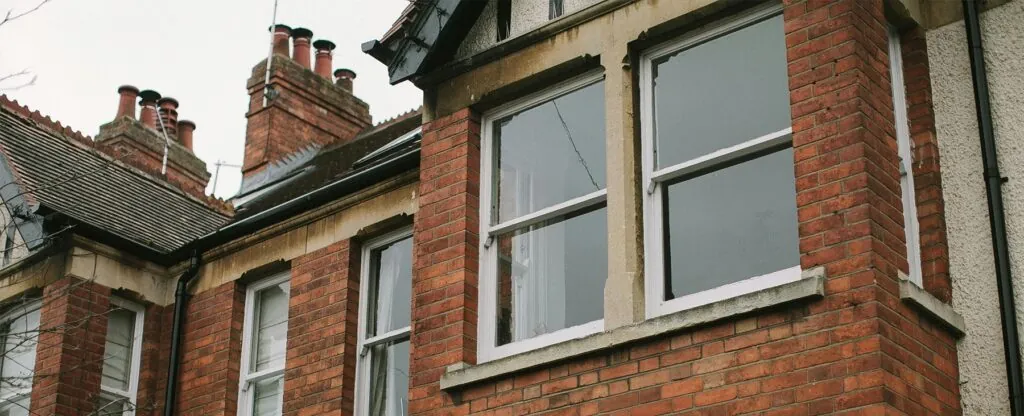
The Importance of the Level 3 Award in Energy Efficiency for Older and Traditional Buildings
The Level 3 Award in Energy Efficiency for Older and Traditional Buildings teaches retrofit professionals how to properly approach and manage the retrofit of traditional buildings, guiding them to make informed decisions that benefit both the property and its occupants. The qualification gives students the tools to:
- Recognise the age, construction methods, and characteristics of older and traditional buildings.
- Assess appropriate options for introducing energy efficiency measures for older and traditional buildings.
- Make sound recommendations and provide advice tailored to the specific needs of traditional properties.
These skills enable retrofit professionals to make informed recommendations that enhance significance rather than increase the risk of unintended consequences in older and traditional buildings.
The course is based upon the excellent handbook published by Historic England, Cadw and Historic Environment Scotland, which can be downloaded here.
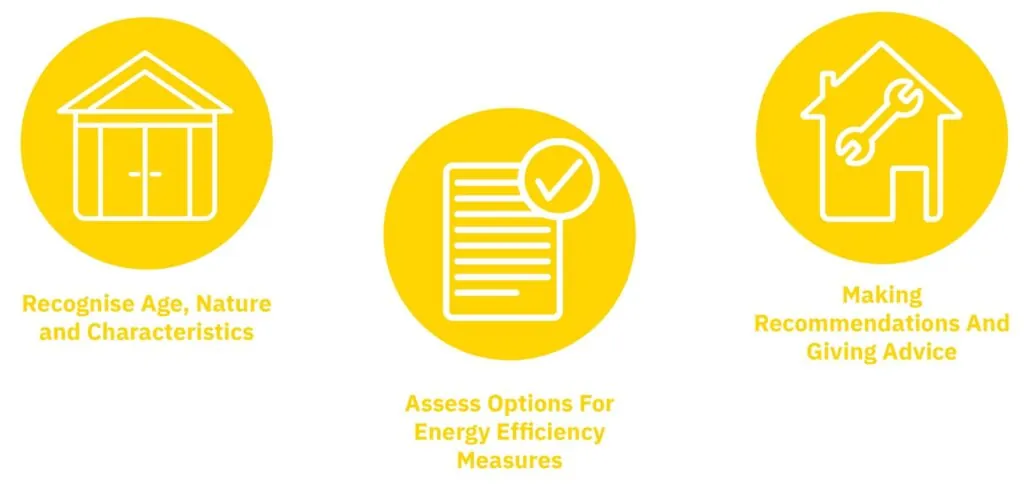
PAS2035:2023 Compliance
While the course is beneficial for anyone working regularly with these types of properties, such as Domestic Energy Assessors, Installers, and Surveyors, it is especially important for retrofit professionals. Under PAS2035:2023, Retrofit Assessors, Retrofit Coordinators, and Retrofit Designers* must hold this qualification when working with buildings of traditional construction. As such, completing this course is not just valuable – it’s essential for compliance. The goal is to create a retrofit workforce equipped with the knowledge and skills to upgrade traditional buildings effectively and sympathetically. In doing so, the UK can move closer to its Net Zero targets while preserving the character and heritage of its historic housing stock.
*where not conservation accredited.
Get Qualified with Energy Trust
If you’re looking to qualify in the ABBE Level 3 Award for Older and Traditional Buildings Qualification, consider training with Energy Trust. Our expert trainers have years of experience delivering this course and are committed to providing students with the knowledge and skills needed to work with traditional buildings thoughtfully and expertly. We offer both live online classroom sessions and a self-paced option, allowing you to choose the format that best fits your schedule.
We also hold Direct Claims Status (DCS) for this qualification, which means you will receive your certificate within 1-3 working days after completing the coursework assignments.

Funded PAS 2035 & PAS 2038 Retrofit Training
On August 1st 2025, the government is launching their new Warm Homes Skills Programme funding which will make funded PAS2035 & PAS2038 retrofit training available. Click the link below to find out more.


